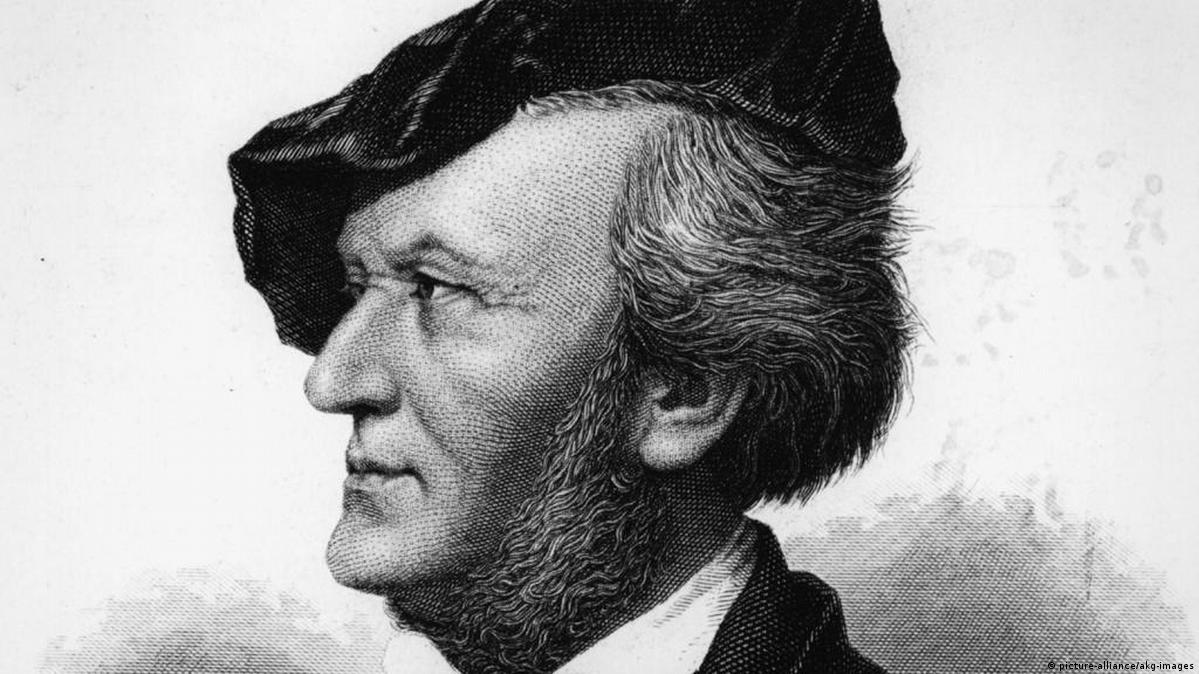
A Biography of Richard Wagner
Richard Wagner (1813–1883) stands as one of the most significant and controversial figures in the history of Western classical music. A German composer, theater director,[…]
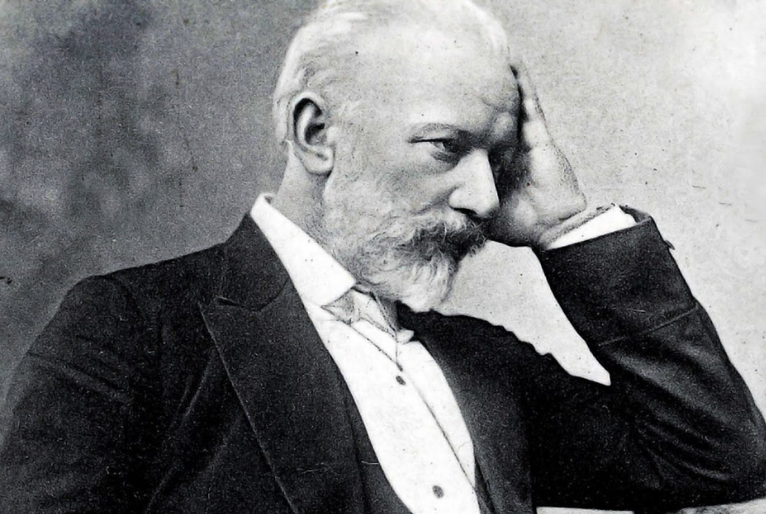
Biography of Pyotr Ilyich Tchaikovsky
Pyotr Ilyich Tchaikovsky (1840-1893) was a renowned Russian composer of the Romantic period, whose music left an indelible mark on the history of classical music.[…]
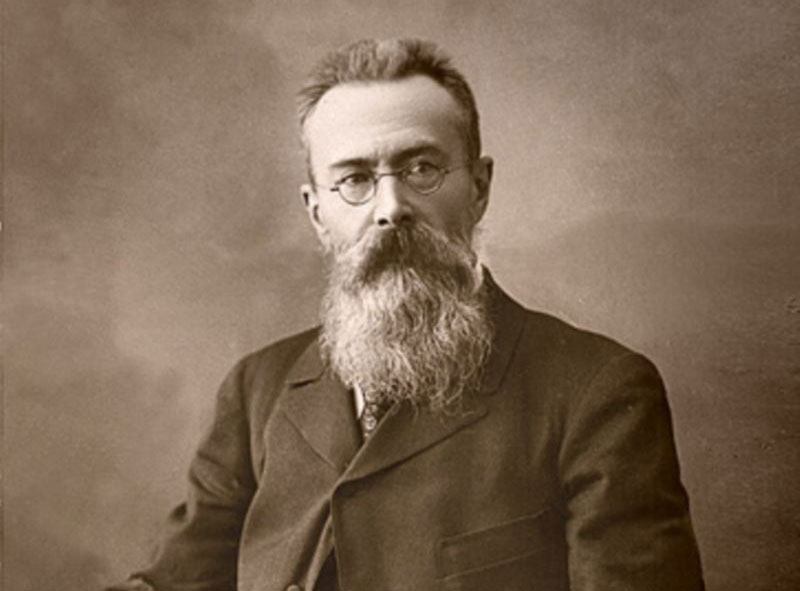
Korsakov – Sadko
Among the many masterpieces of Russian classical music, Sadko by Nikolai Rimsky-Korsakov stands as a vibrant testament to the composer’s imagination, his deep connection to[…]
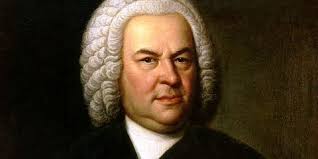
Johann Sebastian Bach: A Comprehensive Biography
Johann Sebastian Bach (1685-1750) is widely regarded as one of the greatest composers in the history of Western music. His monumental work, encompassing a vast[…]

Korsakov – Mlada
Among the many grand musical undertakings of 19th-century Russia, few are as ambitious and fascinating as Nikolai Rimsky-Korsakov’s stage spectacle, Mlada. A synthesis of music,[…]

Korsakov – Trombone Concerto
When discussing the orchestral brilliance of Nikolai Rimsky-Korsakov, most music lovers immediately recall masterpieces like Scheherazade or Capriccio Espagnol. Yet, nestled among his early works[…]
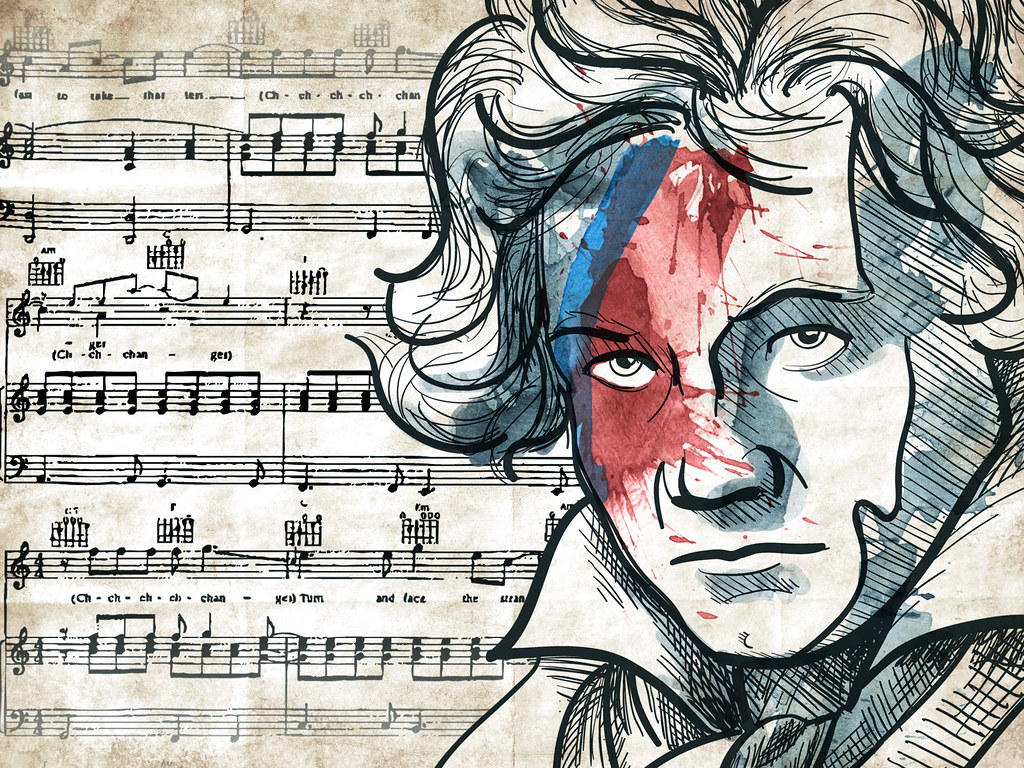
Biography of Ludwig van Beethoven
Ludwig van Beethoven (baptized December 17, 1770 – March 26, 1827) was a German composer and pianist, widely considered one of the most revered figures[…]

Korsakov – The Tale of Tsar Saltan
“The Tale of Tsar Saltan” (Russian: Skazka o Tsare Saltane) is a fantastical opera in four acts with a prologue, composed by Nikolai Rimsky-Korsakov in[…]

Korsakov – Symphony No. 2
Among the most imaginative and colorful works in 19th-century Russian symphonic music is Symphony No. 2 in F-sharp minor, better known as “Antar”, by Nikolai[…]

Korsakov – Russian Easter Festival Overture, Op. 36
Among the vibrant and majestic works of Nikolai Rimsky-Korsakov, the Russian Easter Festival Overture, Op. 36, stands out as a dazzling celebration of Russian liturgical[…]